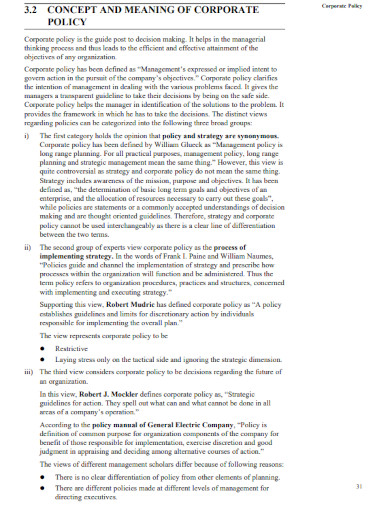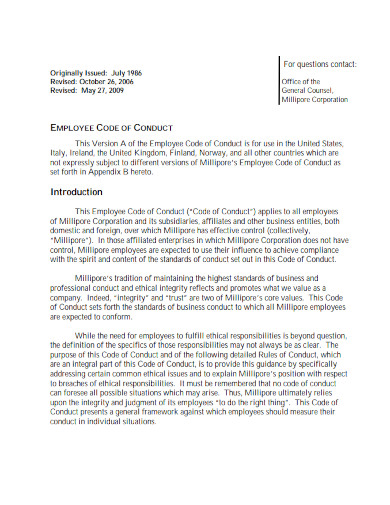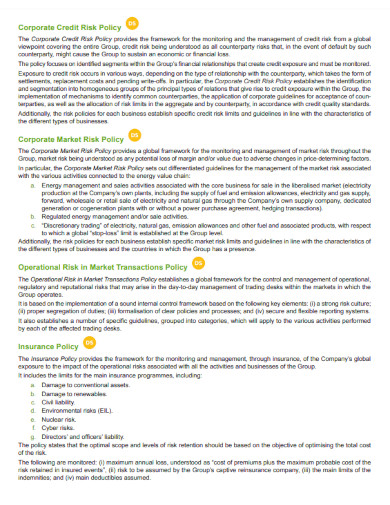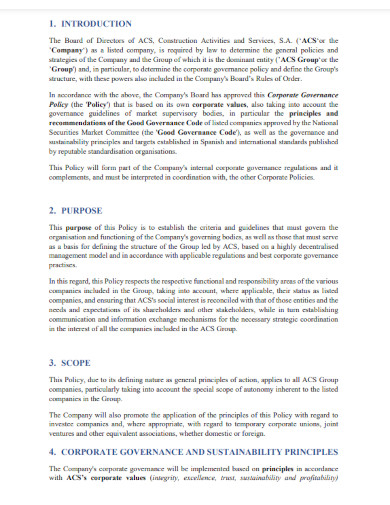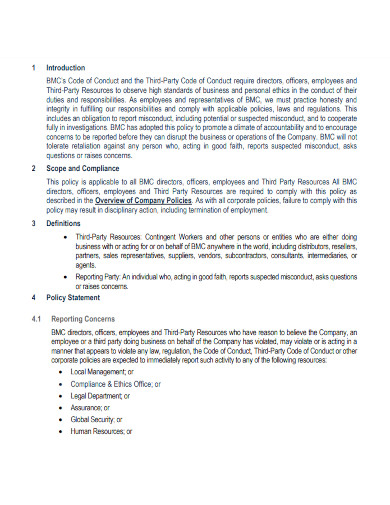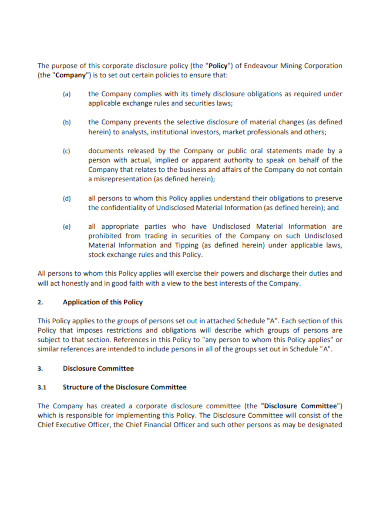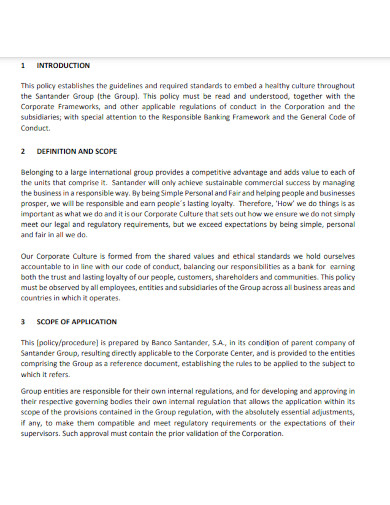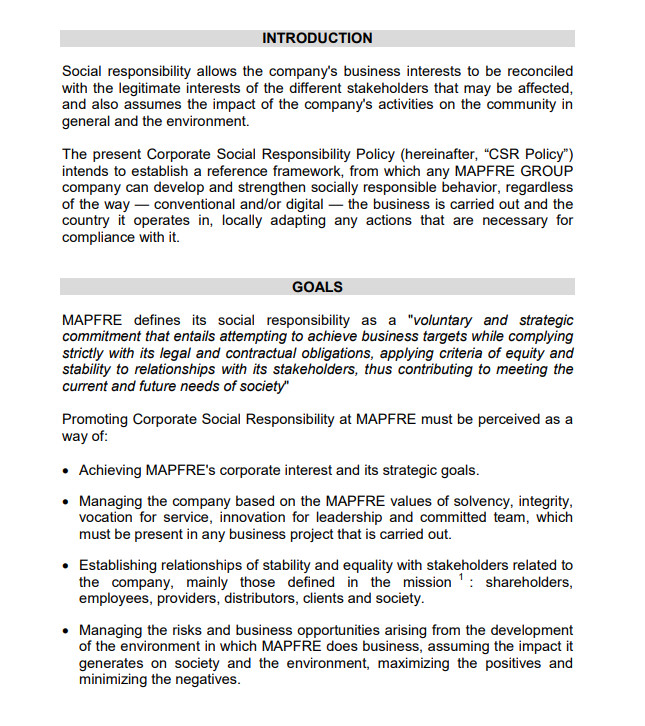Businesses are difficult enough to run on their own, but taking on a venture that aims to manage the finances of your own clients makes things even more difficult. Starting a business in the fields of coaching, consulting, and management can be extremely costly, and finding your niche in this competitive field can be difficult. Keeping track of everything that needs to be done and ensuring that each component is taken into account at the same time can be a real pain. For the majority of businesses and ventures, the ability to develop a comprehensive enough layout or plan for their own business is therefore critical. It makes no difference whether the company is new or established. Managers and supervisors, who are often in charge of overseeing all aspects of the business’ operations, benefit from a well-thought-out plan that keeps everyone on track for the duration of the company’s existence. A well-written business plan can make a big difference in your company’s success. Giving you the ability to progress without too much difficulty.
Starting a business without first developing a business policy is strongly discouraged. This is because doing so is synonymous with doing something with no specific goal in mind. Without a strategy, there is no way forward. There is no clear direction. Additionally, business plans can provide you with this type of guidance. It also gives you a whole host of other advantages, such as the ability to come up with and test new ideas without having to spend too much time or money on it because you’ve already covered that part of the process in your corporate policy, among other things. Before you start writing the document, take a look at the corporate policies samples we’ve provided below. Once you’ve familiarized yourself with the document, you can use these samples as guides or even templates when it comes time to write your own business policy.
8+ Corporate Policy Samples
1. Corporate Policy Statement
2. Corporation Policy Intoductuion
3. Corporate Policy Management
4. Corporate Risk Policies
5. Corporate Governance Policy
6. Corporate Whistleblower Policy
7. Corporate Disclosure Policy
8. Corporate Culture Policy
9. Corporate Social Responsibility Policy
What Is a Corporate Policy?
The scope or spheres within which subordinates within an organization can make decisions are defined by the business policy of that organization. It enables lower-level management to address problems and issues without having to consult with top-level management every time a decision is needed.
Business policies are the rules that an organization creates to govern its employees’ actions. To put it another way, they establish the parameters within which decisions must be made. The acquisition of resources that will enable the organization to achieve its goals is also a concern of business policy. The study of top-level management roles and responsibilities, significant issues affecting organizational success, and decisions that have a long-term impact on the organization are all covered in business policy.
Elements of a Corporate Policy
The adequacy of policies determines their effectiveness. The ability of any business to efficiently design and implement programs is dependent on all parties involved in the enterprise having a clear understanding of its policies. Everyone should be able to understand the policy if it is stated in clear, positive, and easy-to-understand terms. A clear statement of policy is required so that those who are affected by it can understand it. A good policy must be clear in order for everyone in the organization to understand what it is attempting to accomplish.
- Specific
The policy should be specific and unambiguous in its language and intent. Put another way, if the outcome is uncertain, putting the plan into action will be challenging. - Clear
The policy must be unambiguous and unambiguous in its language. It should refrain from using jargon or connotations in its writing. When it comes to adhering to the policy, there should be no room for ambiguity. - Reliable/Uniform
In order for a policy to be effective, it must be uniform enough that it can be followed efficiently by subordinates throughout the organization. - Appropriate
Policies should be tailored to meet the specific objectives of the organization at the time they are developed and implemented. - Simple
It is essential that a policy is straightforward and easily comprehended by all members of the organization. - Inclusive/Comprehensive
The policy must be comprehensive in order to be applicable in a wide variety of situations. - Flexible
Policy should be adaptable both in terms of operation and application, as well as in terms of implementation. There should be no need to change every policy on a consistent basis; however, policies should have a broad scope in order to ensure that line managers use them when dealing with repetitive or routine situations. - Stable
Policy should be stable so that those who are looking for guidance can rely on it to provide guidance; otherwise, they will be prone to indecision and uncertainty.
FAQs
What is an example of a business policy?
Most businesses have policies prohibiting the use of illegal drugs, the consumption of alcoholic beverages, and the smoking of tobacco on their premises during working hours or at company functions. If smoking is permitted, policies will outline the precautions that must be taken to insure that it is done so in a safe manner.
What is the limitation of a business policy?
When it comes to organizational policies, one of the drawbacks is that the rigid nature of business rules and regulations can make it difficult to implement changes. Business rules, by their very nature, are inflexible and binary, which results in a rigid framework for your employees to operate within.
What are the types of business policies?
- Public policy
- Organizational policy
- Functional policy
- Specific policy
In a conclusion, it should be noted that a good policy is directly related to an organization’s objective that is stated in understandable, written terms and can be translated into the practices and specialties of every department/division of the organization that is subject to change, but still relatively stable and has a high degree of permanence that is reasonable, feasible, and effectively communicated to all parties involved that is founded on facts and sound judgment.
Related Posts
FREE 10+ Plagiarism/Cheating Policy Samples in MS Word | PDF
FREE 50+ Policy Approval Samples in PDF | MS Word
FREE 50+ Planning Policy Samples in MS Word | Google Docs | Pages | PDF
FREE 10+ Related Personnel Policy Samples in MS Word | PDF
FREE 10+ Suspension And Expulsion Policy Samples in MS Word | PDF
FREE 10+ Student Travel Policy Samples in MS Word | Google Docs | Pages | MS Outlook | PDF
FREE 10+ Uniform Complaint Policy and Procedure Samples in PDF
FREE 10+ Bullying Policy Samples in MS Word | PDF
FREE 10+ Fiscal Control Policy Samples & Templates in MS Word | PDF
FREE 10+ Cooperative Policy Samples & Templates in MS Word | PDF
FREE 10+ Disenrollment Policy Samples in MS Word | PDF
FREE 10+ Donation Policy Samples & Templates in MS Word | PDF
FREE 10+ Homework Policy Samples & Templates in MS Word | Pages | PDF
FREE 10+ IT and Software Policy Samples in PDF | MS Word | Pages | Google Docs
FREE 50+ Policy Samples in PDF | MS Word

